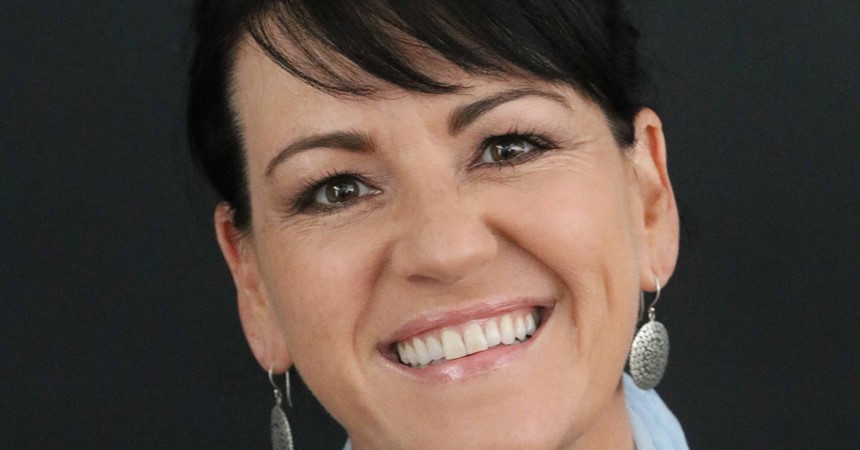When I asked Flic why cultural awareness and an understanding of the history of Aboriginal people is so important for all Australians, she cited the words of Dr Alex Boraine, the Deputy Chairperson of the South African Truth and Reconciliation Commission, at the Opening of the Australian Reconciliation Convention in Melbourne in 1997.
He said, “It’s right to turn the page. But first, you have to read it. You have to understand it. You first have to acknowledge it, and then you turn the page.”
Flic believes that over the years there has been a concerted effort to conceal the truth regarding Australian history involving Aboriginal people.
“I believe that all Australians deserve the respect of revealing this truth, which in turn will guide us on achieving better outcomes together, for our people,” Flic said.
Before developing her consultancy, which centres on providing Aboriginal Cultural Awareness training into the broader community, Flic spent 13 years working within both State and Local Government areas, and her previous roles include Women and Children’s Refuge Worker, Child Protection Officer, Community Development Officer, HIV Care and Support Officer and Sexual Health Worker.
Over the past few years CatholicCare Social Services Hunter-Manning has enlisted Flic to educate staff and foster carers regarding the history of Aboriginal people, utilising her experience working within government and the history of both sides of her family.
“People working in the social services sector have a crucial responsibility to ensure that they are part of a voice for change, in understanding cultural differences, working with respect, recognising that Aboriginal people are the experts in their situations and agitating for change,” Flic said.
The Aboriginal Cultural Awareness training delivered by Flic is designed to build on employee and carers’ skills in providing services to Aboriginal people in ways that respect and support the diversity of Aboriginal cultures, and value the strengths in Aboriginal individuals, families and communities. The training is based on facts and designed to help people identify with past issues and how they affect contemporary Aboriginal people. It also encourages workers to come up with solutions around better service delivery and building partnerships.
Joel Furner, a Casework Support at CatholicCare, said that the training gave him greater insight into Aboriginal people and their culture.
“I initially thought I had a good knowledge of the Stolen Generations and the history of Aboriginal people in Australia, but as the training progressed I realised just how limited or non-existent my knowledge was.
“As a population, Aboriginal history is so vastly understudied and under-acknowledged through the dark history of white settlement that it would be hard for most people to grasp the true history and impact of the stolen generations and the lasting effects of the misdeeds done in the past.
“I now have a better understanding of how Aboriginal culture has been affected and why past acts continue to impact Aboriginal people of today through their family networks and communities."
Flic said that like Joel, many participants who attend the workshop initially indicate that they have a sound understanding of Aboriginal history and culture, but throughout the course come to realise just how limited or inaccurate their knowledge is.
“I believe that only when Australians understand a very recent history and consequently, the magnitude of the layers of trauma and its impacts for contemporary Aboriginal people, will we see meaningful and genuine change in this country,” Flic said.
The most recent census results indicate that Aboriginal people make up approximately 3% of the population, but according to Flic, this doesn’t mean the rest of the community should be sitting idle.
“Given what we have seen in the latest round of statistical figures, it is evident that we have a long way to go to improve Aboriginal health and welfare. There is great power in the majority of voices, and while our greatest strength as Aboriginal people is possibly resilience, we cannot make these changes alone- we must unite in our efforts."
Joel agreed with Flic’s views and after attending the training, feels empowered to have conversations with his peers, friends, family and the people he supports about the history of Aboriginal people and how we can unite to forge a new direction, based on an understanding of the past.
“Completing both days of training has given me a better understanding, as a non-Aboriginal person, of how to work with Aboriginal people and helped me to appreciate that there is a long road to repairing the past. It has provided me with a greater appreciation of how to work more effectively and respectfully with Aboriginal people and be mindful of barriers that are present due to the nature of the work we do.
“I have more to learn but feel that the training has provided me a good foundation to move forward,” Joel said.

